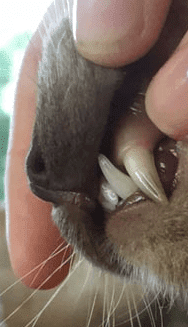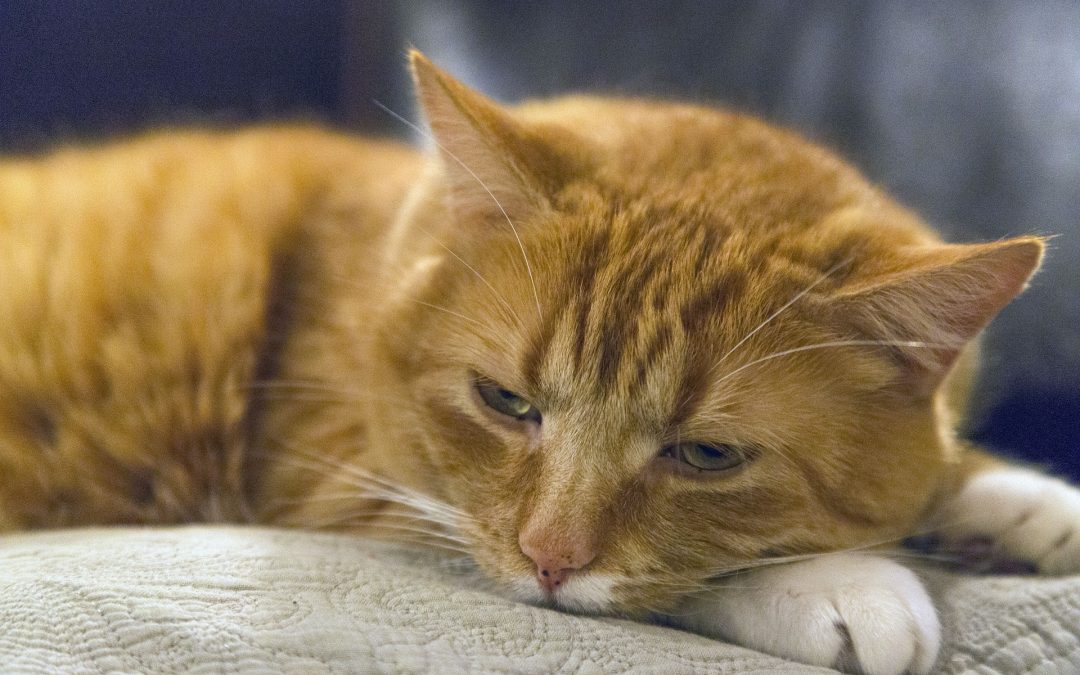Some obvious reasons your cat may be facing and become dehydrated as a result are easy to recognize. Your cat may vomit, have diarrhea, urinate more, or not eat and drink enough, which can cause low levels of fluids and electrolytes in the body.. This is called dehydration and is a serious problem a cat can get in at all stages of its life. Always ensure your cat is drinking water and hydrated. If you are away and have a pet sitter look after your pet, ensure they are aware of your policies to ensure your cat’s hydration health. Corks Critter Care wrote a blog on 14 Ways to Encourage a Cat to Drink Water. Is your cat dehydrated? Dehydration of a cat can be detected by yourself or a veterinarian by detecting different signs that cats display.
Such signs of dehydration are:
- Sunken eyes
- Dry, tacky gums
- Poor skin elasticity (turgor)
- Lack of energy
- Increased heart rate
- Slow capillary refill time
- Constipation
Two quick and easy ways to test if your cat is dehydrated are by using the skin at the scruff of the neck (Skin turgor test) and the mouth… specifically the gums above the canines (Capillary refill time test).
Skin turgor test: Grab a generous amount of skin at the scruff of the neck and gently pull it upwards then let go. If your cat is hydrated, the skin will spring back immediately after letting go. However, in a dehydrated cat, the skin will be slower to retract. The more dehydrated the cat is, the slower the skin will take to retract back to normal.
Capillary refill time test: This helps you to test your cat’s blood circulation and if there may be dehydration, heart failure, or shock. Lift your cat’s upper lip and press your fingertip against the gum tissue. You will see a white mark when you remove the pressure on the gum then count how long it takes for the pink color to return on the gum tissue. In a healthy cat, it should take around 1 – 2 seconds to return to pink.

Your veterinarian may want to do some blood and urine tests to determine what has caused your cat to become dehydrated. The more common tests they do are a complete blood count, biochemical profile and urinalysis to check electrolyte levels and kidney function. Other tests may be needed to further investigate kidney and liver function and determine if your cat may have diabetes or any other medical problems.
Dehydration is never a good situation to be in so the sooner you have your veterinarian check your cat the better. If you are uncertain or have any questions, call your vet clinic and let them know what your cat’s symptoms are. Don’t hesitate…react quickly!




